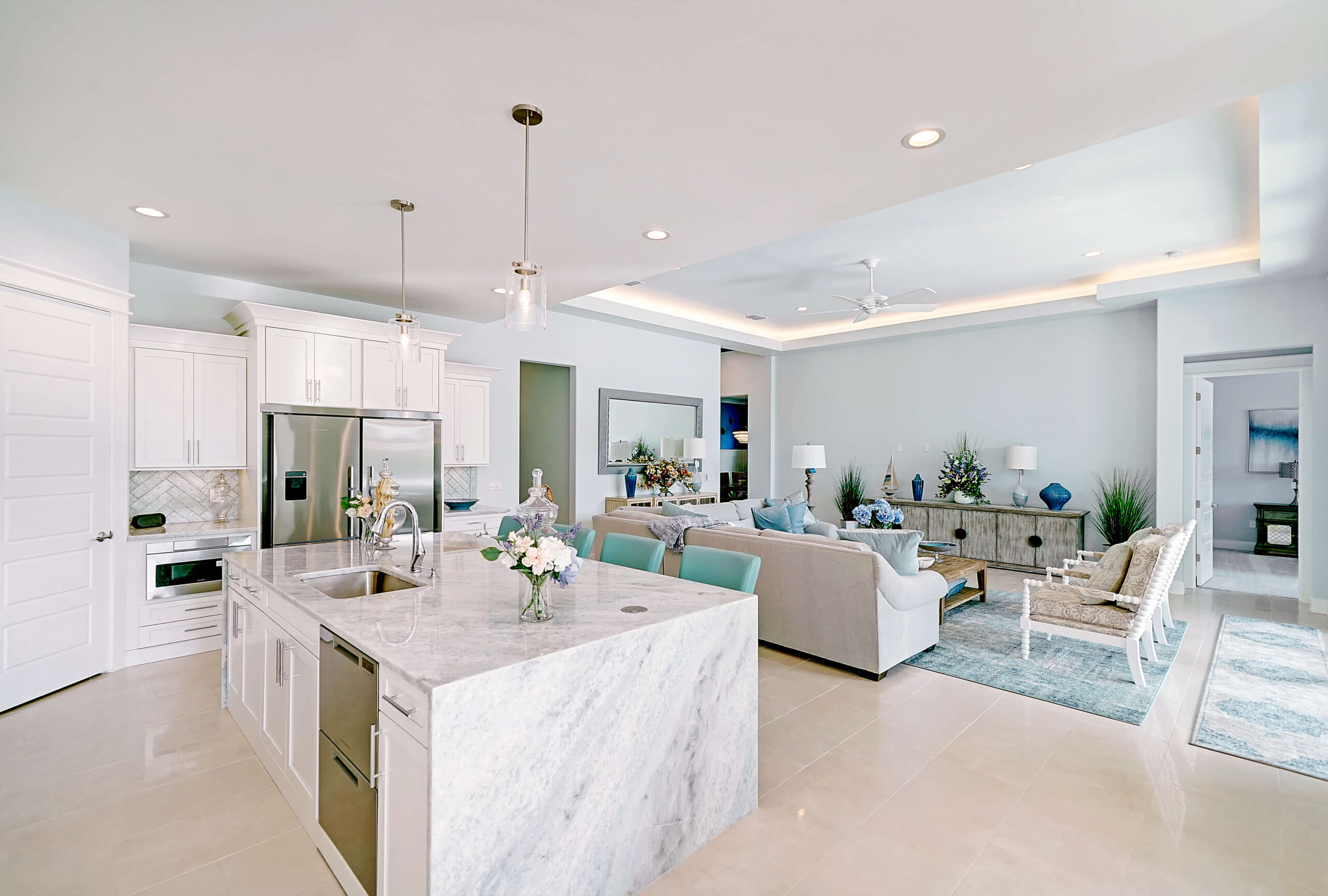Here in lovely Sarasota, a swimming pool is a common home amenity. Because of the long, hot Florida summers, pools get a lot of use and that means having to maintain them so they remain enjoyable and safe. Some homeowners opt to hire a service to keep their pools in good swimming condition while others prefer to do it on their own.
Regardless if you hire a service or maintain your pool yourself, there will be one or more unfortunate times when you have problems with the pool pump. For this reason alone, it’s good to know how to troubleshoot a pool pump so you can try to fix it on your own.
Basic Swimming Pool Maintenance
Every pool owner knows it’s very important to keep the water and surfaces in good condition. Unfortunately, that can present some big challenges. For instance, rainwater, while completely natural, is harmful to a pool. Rain does contains acids, powerful enough to throw-off pH balance and that’s not all. It also compromises the effectiveness of chlorine. Diluted chlorine cannot work effectively. What’s more, rain water is contaminated with runoff, which includes wild and domestic animal waste, fertilizer, pesticides, and more.
A pool pump creates pressure within the pool, which, in turn, forces the water through the filter. Thus, the water gets purified. It removes dirt, debris, and foreign materials from the pool, filters the water, and pumps back fresh and clean water. Occasionally, pool pumps unexpectedly cease working or stop to function as required. As a result, the pool water develops turbidity, gives out a stink, and gets a soapy texture. —Do It Yourself.com
To combat this and more, you need to regularly perform basic pool maintenance. You must routinely check your pool water to ensure it has the right pH, total alkalinity and calcium hardness levels. Chlorinate your pool with the appropriate amount, too little and it won’t be effective, too much and it will be uncomfortable for swimmers. Shock your pool weekly but don’t go overboard. Also, add algaecide, skim the water, empty the skimmer baskets, and scrub the walls and floor. In addition, always keep a lookout for signs your swimming pool needs resurfacing.
How to Troubleshoot a Pool Pump
While all this regular, basic pool maintenance will go a long way to keeping your pool clean and enjoyable, it won’t completely prevent problems with the pump. Over the course of its useable life, the pool pump will have one or more issues. When it does experience one or more problems, the water won’t pass through the filter to be cleaned. That’s why pump issues can’t wait and need to be addressed as quickly as possible. So, here’s how to troubleshoot a pool pump to combat the most common problems:
- A leaky pool pump. By far one of the most common pool pump issues is leaking. Because of its many parts, component failure causes leaking. This is usually attributable to a worn out impeller housing o-ring, failing shaft seal, bad thread sealant, and/or shrunken threads on the discharge pipe. The good news is, all of these parts are expensive and can easily be replaced.
- The pump doesn’t pull water. A pump that won’t pull water out of the pool is typically either clogged or affected by a suction line air leak. Check to see if there is blockage in the skimmer and pump baskets, as well as the impeller. Clear away any debris you find to resume normal operation. Should this not remedy the situation, check the suction line for leaks and patch them.
- The motor won’t start or shuts off. Another common pool pump problem that causes a lot of frustration is a motor that will not start or turns off unexpectedly. The reasons for these issues are generally either electrical wiring or overheating. This work is best left to an experienced professional to fix.
- Weird noises come from the pump. During normal operation, your pool pump will make some noise. However, if it’s abnormal, you should question why. A vibrating noise can be silenced or damped with a rubber pad. Another noise occurs during cavitation when the pump is starved for water due to a clog or a leak. A screeching or grinding noise could indicate bad bearings.
- The pump only pulls in air. A pool pump is supposed to be totally air-tight. This way, it can take in water and not air. Although tiny leaks are common, larger ones will cause the pump to take in air rather than water because air is lighter and has less resistance.
If it’s time to update your landscape or add more features, like a new swimming pool, just go ahead and contact us. We are a full-service, professional landscape design company and serve all of Sarasota, including near Bayfront Drive, around Rolling Green Golf Club, along Longboat Club Road, and elsewhere.



